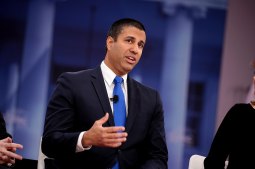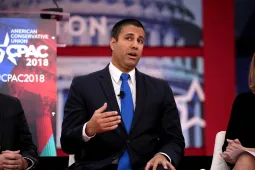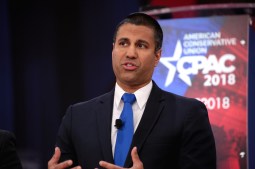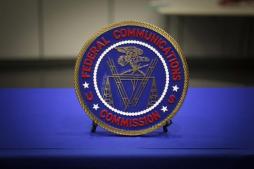
FCC denies educators’ request for exclusive access to Educational Broadband Service
The FCC will stick with its 2019 decision to license wireless spectrum historically reserved for educational institutions to private carriers building 5G networks.

The FCC will stick with its 2019 decision to license wireless spectrum historically reserved for educational institutions to private carriers building 5G networks.

At the prodding of the Government Accountability Office, educational broadband subsidies could soon extend beyond school grounds.

Telecommunications providers will soon compete for licenses for the 2.5 GHz spectrum to build out the next generation of their wireless networks.

E-Rate recipients came out in record numbers for an annual survey conducted by Funds For Learning, which found sustained demand for bandwidth.

The commission will hold a vote next month that educators fear will reverse a 50-year tradition prioritizing access for educational institutions.

The FCC voted to limit spending on the Universal Service Fund. The change could be finalized after a second vote in three months.

State officials initially hoped to achieve this milestone by 2022, but after re-evaluating their approach, they found a way to reach all students in 2018.

Edtech supporters say the proposal would hinder learning and undermine the openness of educational resources.

In letters to the commission, superintendents and advocates describe the benefits of E-rate’s Category Two Services and request continued funding.

But, in its annual report, nonprofit EducationSuperHighway reveals progress has been made toward closing the digital divide.